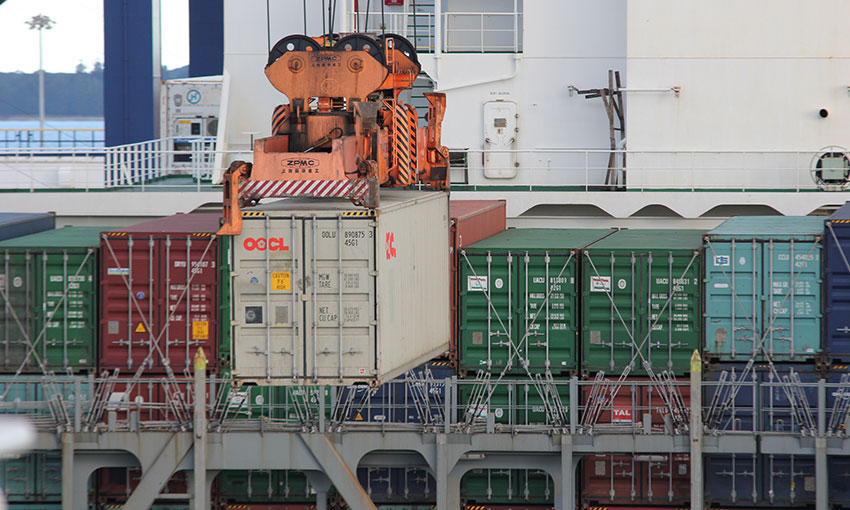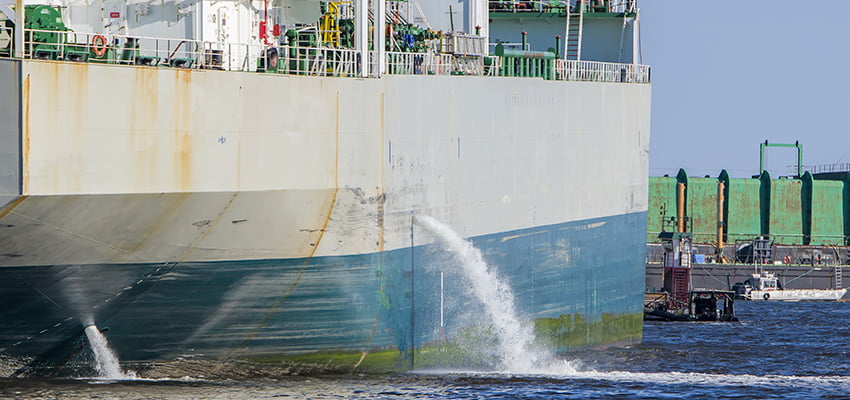AN INTERNATIONAL forum co-hosted by Australia gave industry and government the opportunity to tackle the biosecurity risks of hitchhiker pests on containers.
The Department of Agriculture, Fisheries and Forestry teamed up with the International Plant Protection Convention (IPPC) to host a workshop on mitigating the risk of pests on sea containers and in cargo. The workshop took place in Brisbane from 17 until 19 July.
DAFF said concerns around the international movement of hitchhiker pests via sea containers are rising. It said Australia is “spearheading” international efforts to manage the biosecurity risks associated with the container pathway.
Monica Collins, assistant secretary of biosecurity plant and science services, said industry stakeholders and governments around the world are addressing the issue under the IPPC.
“The IPPC workshop was a significant milestone in our efforts to find effective global solutions,” Ms Collins said.
“The department is committed to preventing the entry and establishment of exotic pests that could pose significant threats to the country’s agriculture and supply chain industries, economy, environment and way of life.
“As a world-leader in biosecurity, Australia is at the forefront of the global fight against hitchhiker pests.
“We recognise the importance of collaboration and we are actively working with international partners to find effective solutions to this complex issue.”
DAFF said the substantial volume of global trade transported in containers and the biosecurity risks posed by container transport demands a collective and co-ordinated response on a global scale.
In collaboration with Australian universities, research organisations, industry and international counterparts, DAFF is taking steps to address the risks.
The department said it is exploring technologies to enhance automatic detection capabilities, researching modifications to sea container design and leading global discussions on solutions.





